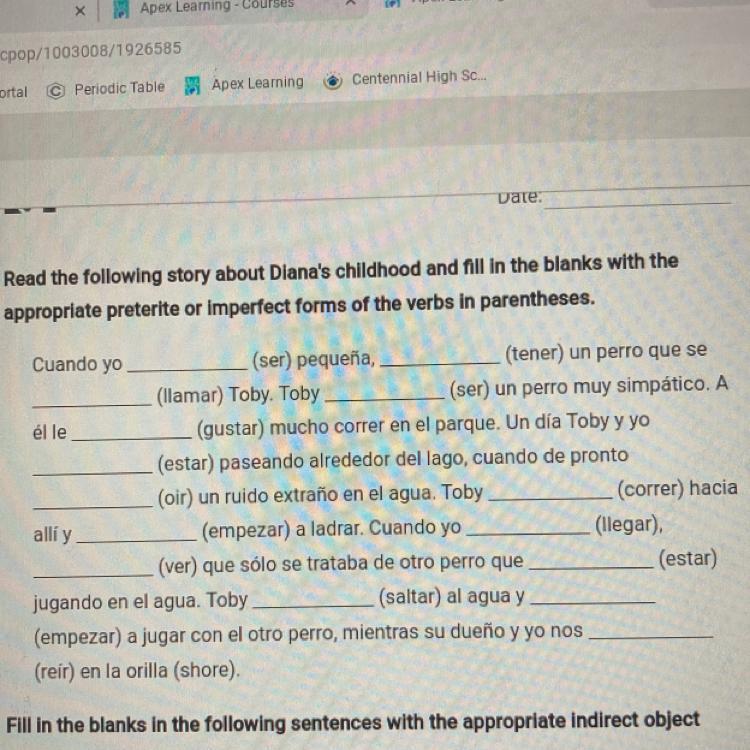A scientist uses radioactive nitrogen to label the nitrogenous bases of the DNA of a cell. Then the DNA is allowed to replicate, and the new strands take up non-radioactive bases. Do one, both, or neither of the daughter cells have radioactive DNA? Explain.
Answers 3
I think yes, because from what i knew. When the DNA replicate, it will be same as the original/mother DNA. so it will both have radioactive DNA.
Just think, if only one DNA have radioactive then it wont be dangerous, but it affect the replication DNA, then its different case and will be dangerous for the body. You must've heard that radioactive can be dangerous for the body.
Sorry if im wrong
-
Author:
haleighodonnell
-
Rate an answer:
7
Answer:
I would say one..
Explanation:
It says the new strands take u non-radioactive bases.. if he only used the radioactive to label one of them then I would say one..
-
Author:
leiawhitney
-
Rate an answer:
8
AI generated Answer
-
Rate an answer:
0
Do you know an answer? Add it here!
Unable to find an answer to your question?
Don't worry! There are several alternative approaches you can try to resolve your query. Here are some tips to help you find answers in different ways:
- Reframe your question: Sometimes, the way you phrase your question can limit your search results. Try rephrasing it using different keywords or providing more context to get better results.
- Utilize social media: Post your question on social media platforms, particularly those focused on professional or specialized topics. Twitter, LinkedIn, and Facebook groups can connect you with individuals who may have relevant expertise or experiences to share.
- Consult subject matter experts: Reach out to experts in the field related to your question. Many professionals are willing to help and share their knowledge. You can connect with them through email, LinkedIn messages, or by attending relevant conferences or events.
- Use our website to find your question through the search box above, or you can sign up to ask your question for our big educational community. Our experts will review your question, and you will get a quick and quality answer.
- Collaborate with others: If your question is related to a specific project or problem, consider collaborating with others who might have complementary skills or knowledge. Teamwork can lead to innovative solutions and shared insights.
Remember, the process of finding answers often involves persistence, creativity, and an open mind. By exploring various resources, reaching out to others, and being proactive in your search, you increase your chances of finding the information you need. Happy quest for knowledge!

